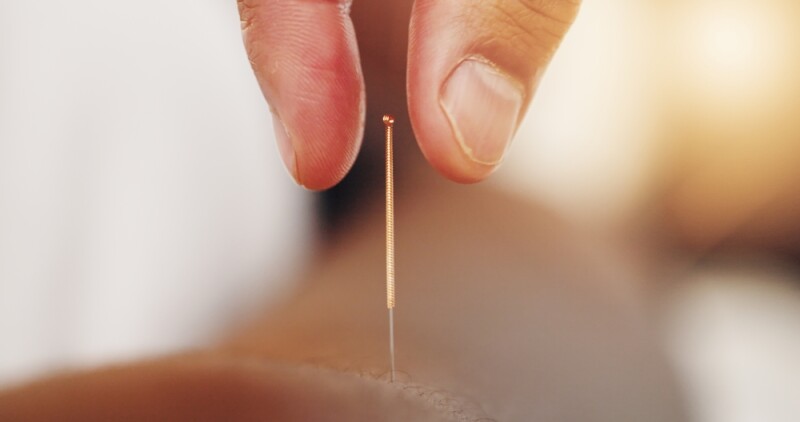Gut-Microbiome Changes May Cause Type 2 Diabetes, Study Says

A comprehensive study has identified specific viruses and genetic variants within gut bacteria that correspond with changes in gut microbiome function and type 2 diabetes risk.
This study, published in Nature Medicine, was a collaboration among Brigham and Women’s Hospital, the Broad Institute of MIT and Harvard, and the Harvard T.H. Chan School of Public Health. The research analyzed data from the newly established Microbiome and Cardiometabolic Disease Consortium (MicroCardio), involving 8,117 gut microbiome metagenomes from diverse participants across the United States, Israel, Sweden, Finland, Denmark, Germany, France, and China.
The researchers investigated the roles and functions of gut microbiome species and strains in type 2 diabetes. "When we analyzed this data, we found a relatively consistent set of microbial species linked to type 2 diabetes across our study populations," said Daniel (Dong) Wang, MD, ScD, from Brigham and Women’s Hospital and Harvard Chan. Notably, a strain of Prevotella copri, which produces branched-chain amino acids (BCAAs), was more common in diabetes patients’ gut microbiomes. According to the study, elevated BCAA levels are associated with higher obesity and type 2 diabetes risk.
Additionally, the research uncovered that bacteriophages—viruses infecting bacteria—might drive some microbial changes linked to type 2 diabetes. The team also analyzed samples from newly diagnosed type 2 diabetes patients to minimize the impact of medication or long-term high glucose status on the microbiome, finding results consistent with the broader study.
"We believe that changes in the gut microbiome cause type 2 diabetes," said Dr. Wang. He suggested that microbiome alterations might precede diabetes development, though further studies are needed to confirm this.
In the study’s conclusion, the authors mention some of the potential microbiome-based interventions that could reduce risk of type 2 diabetes, such as dietary changes, probiotics, or fecal transplants. "Once we find consistent patterns, individual microbiomes have the potential to be reshaped to help reduce disease risk,” said co-corresponding author Curtis Huttenhower, PhD.




















SHARE